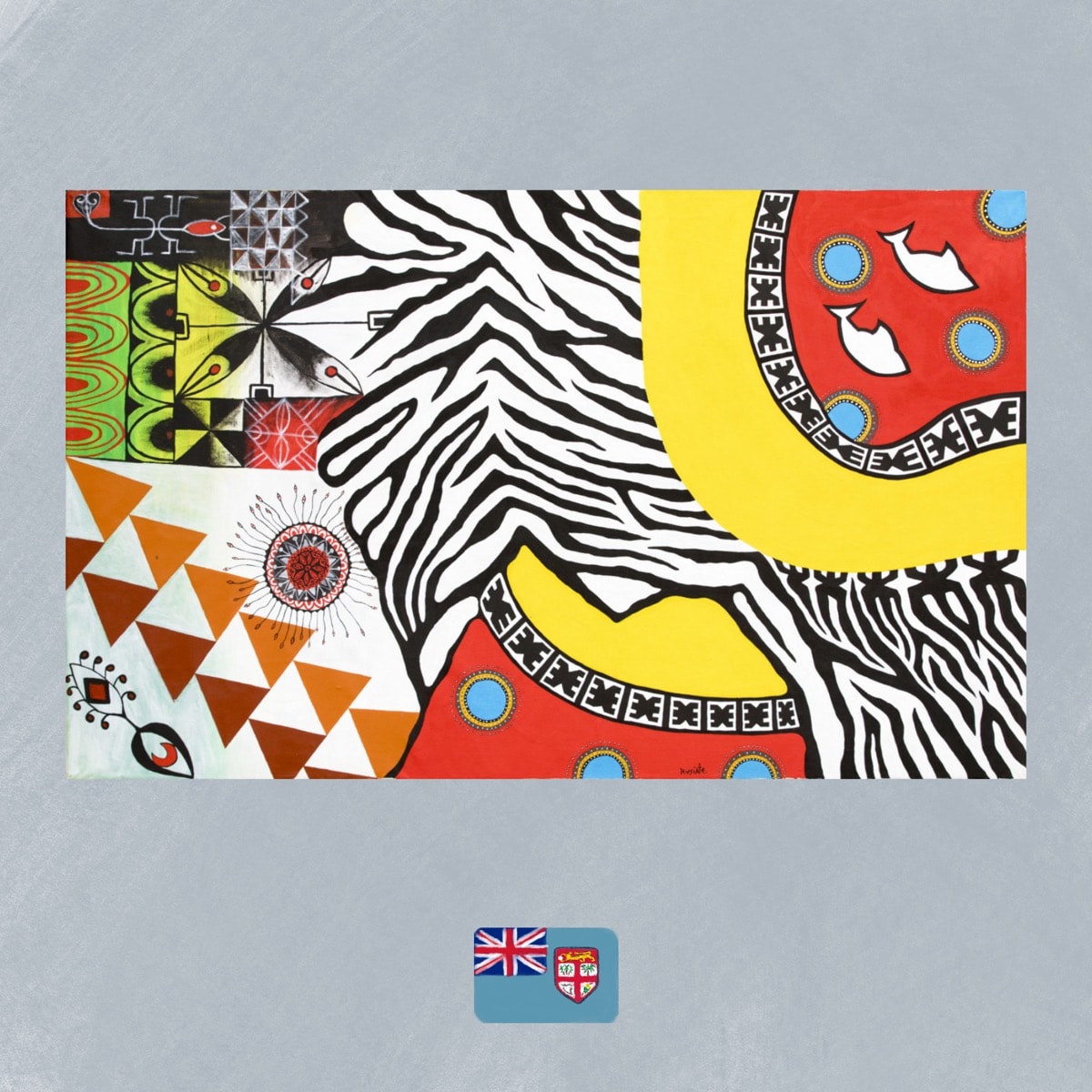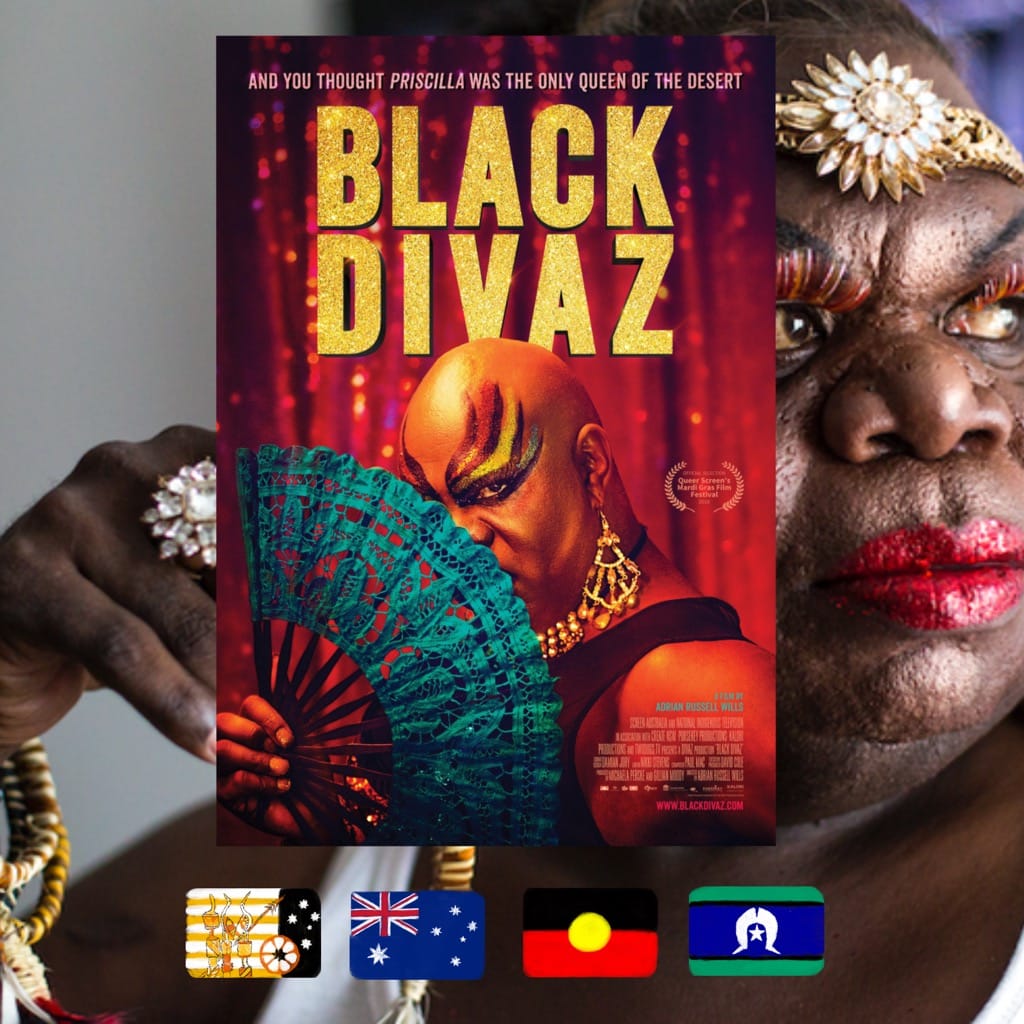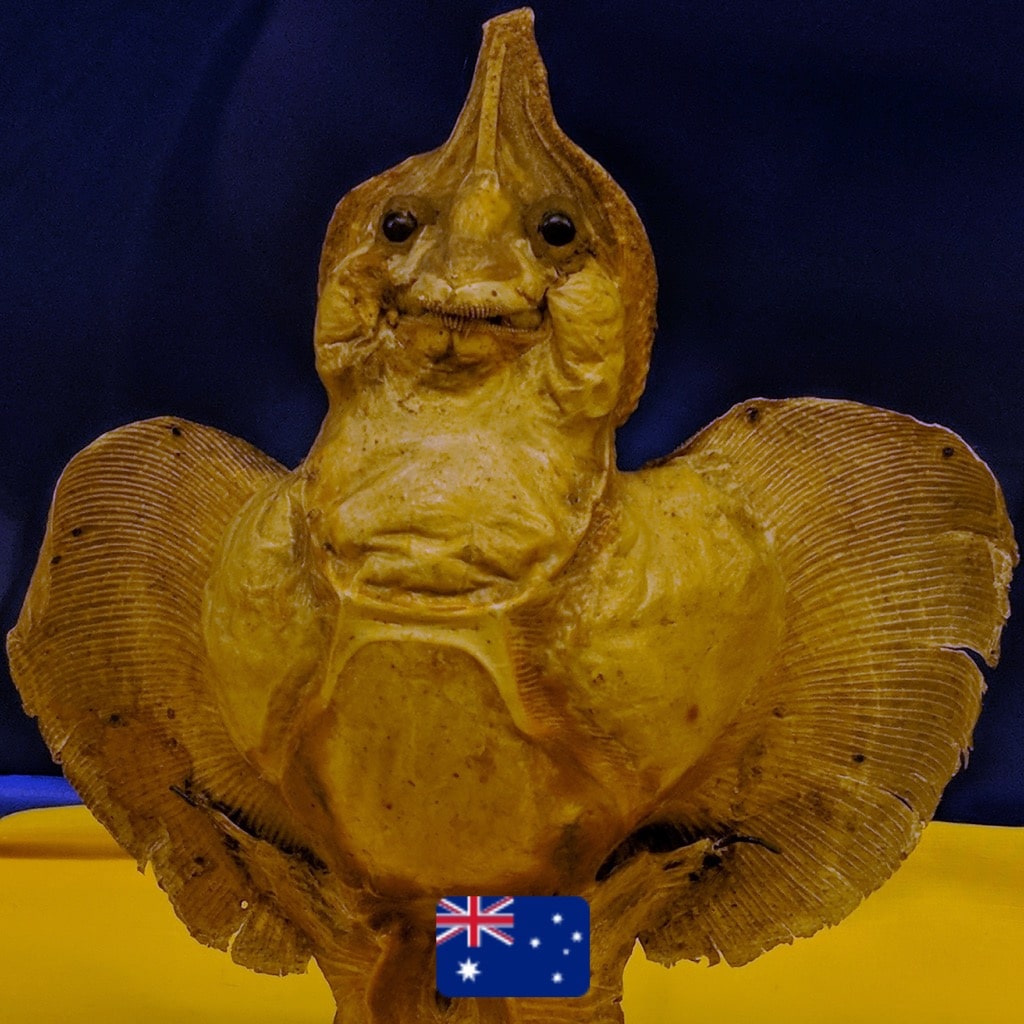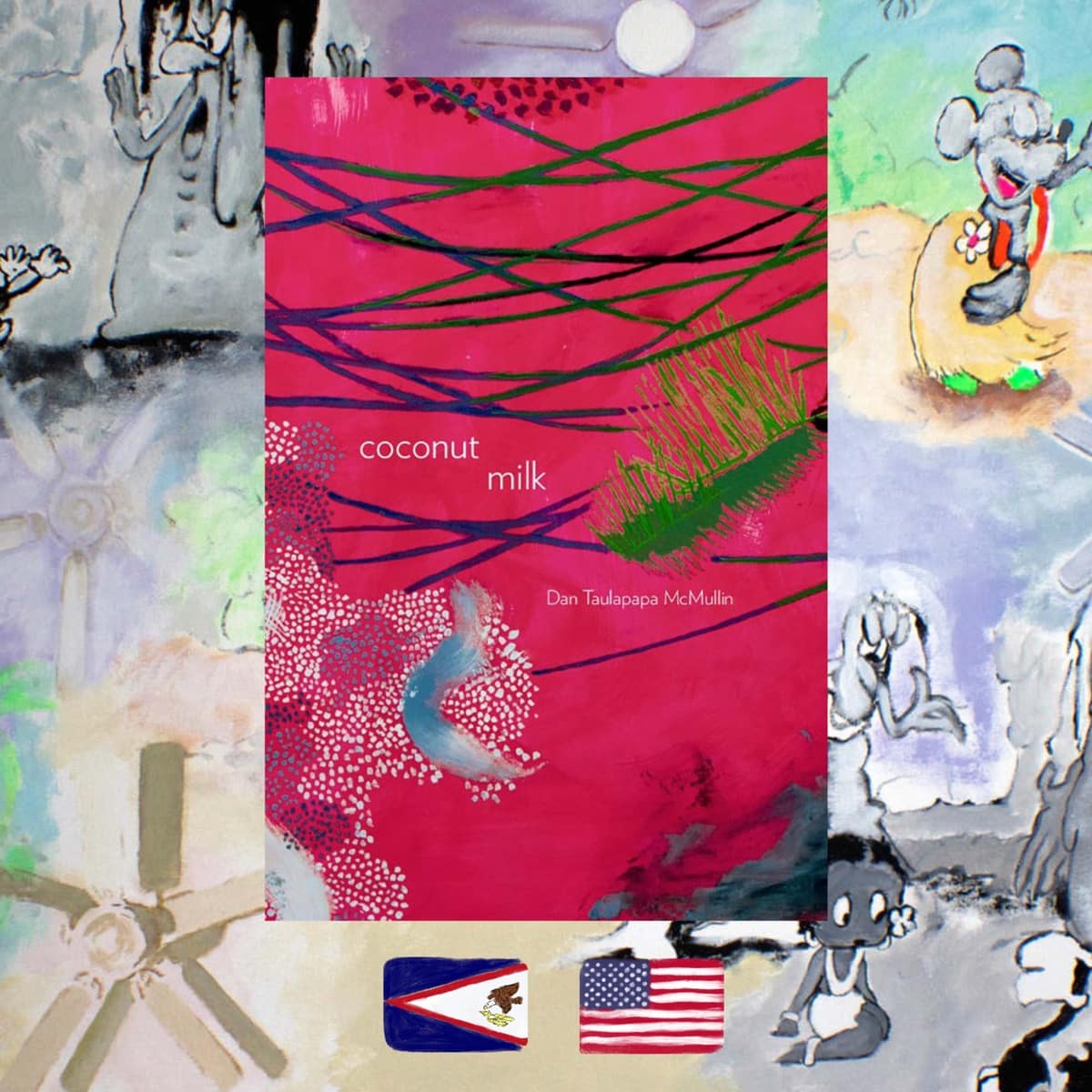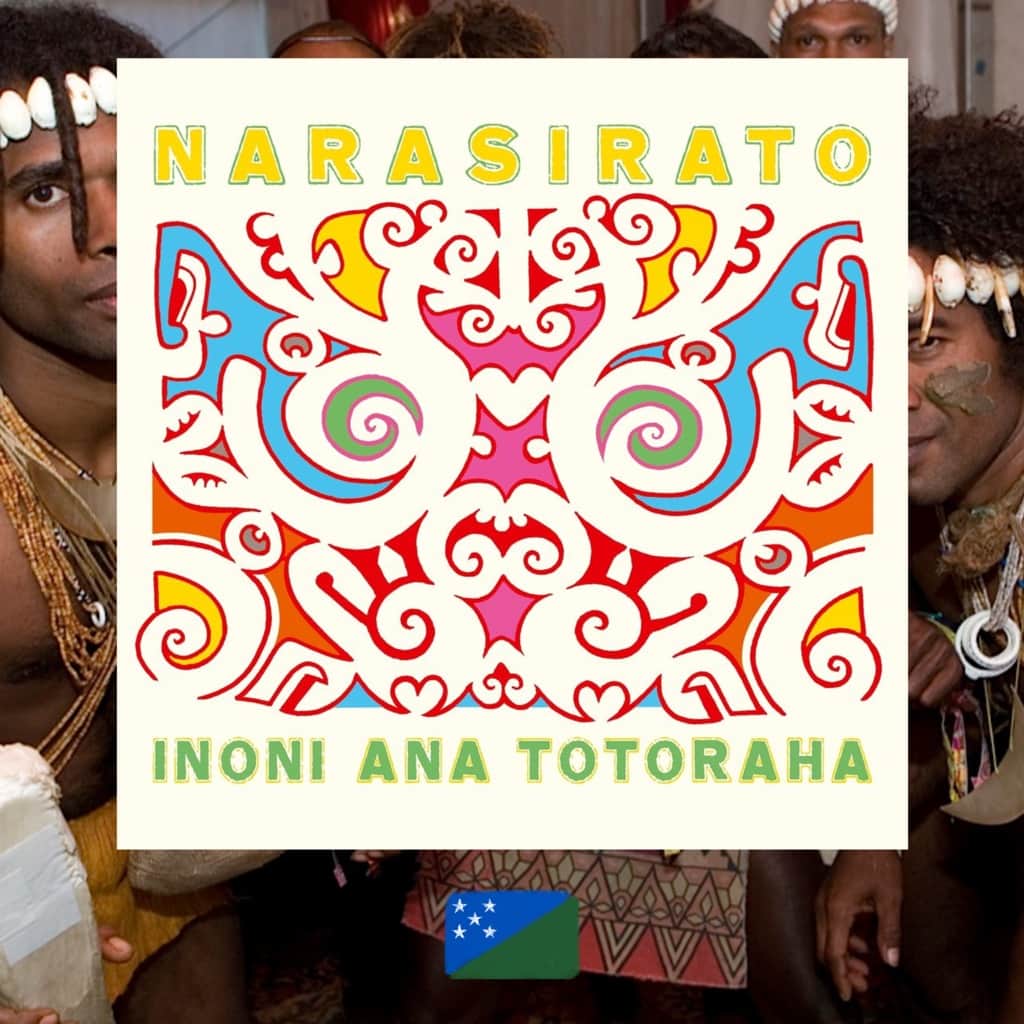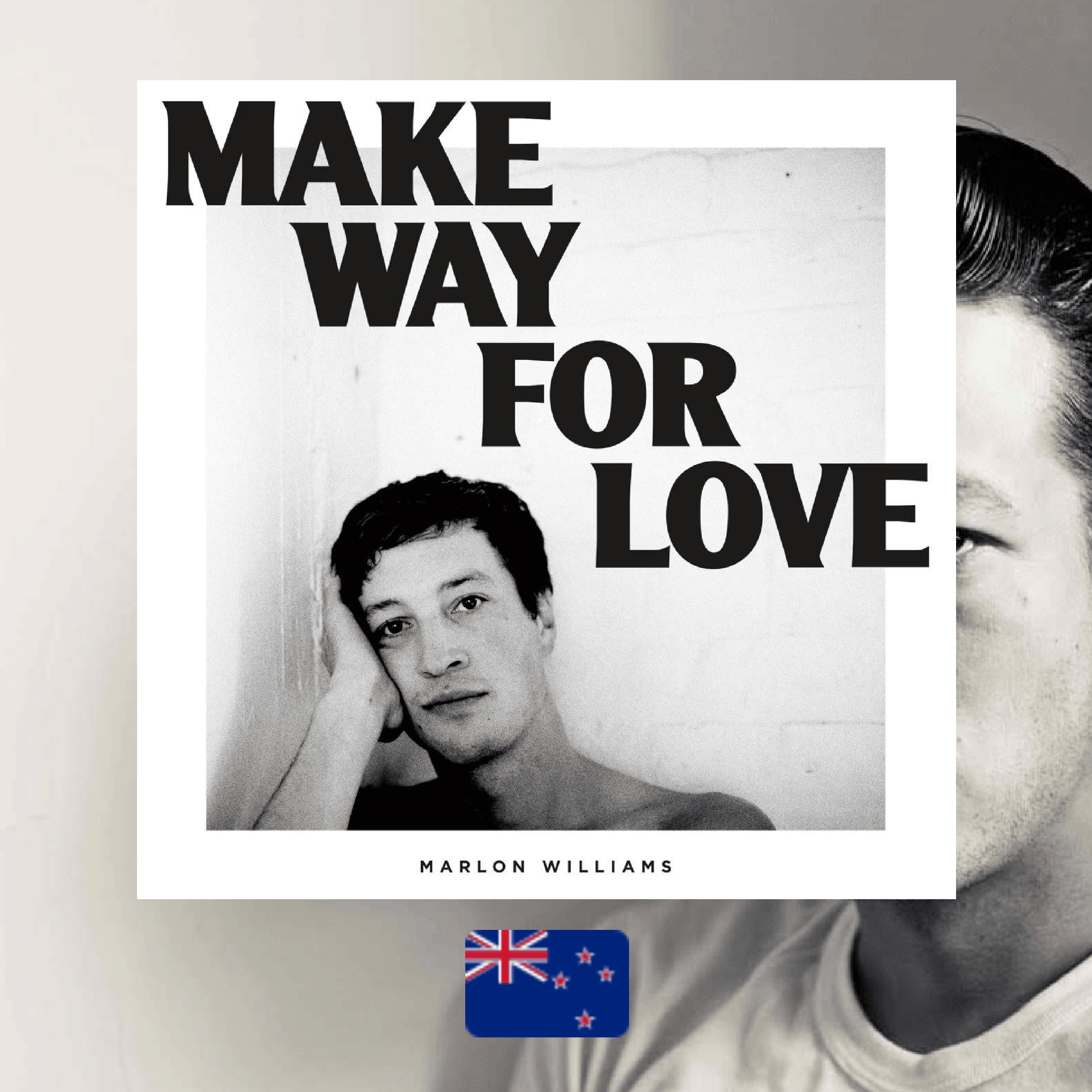Look at the consequences of human interference with the camel populations of Australia in this powerful women-made narrative short that is currently contending for the Oscars’ shorts nomination
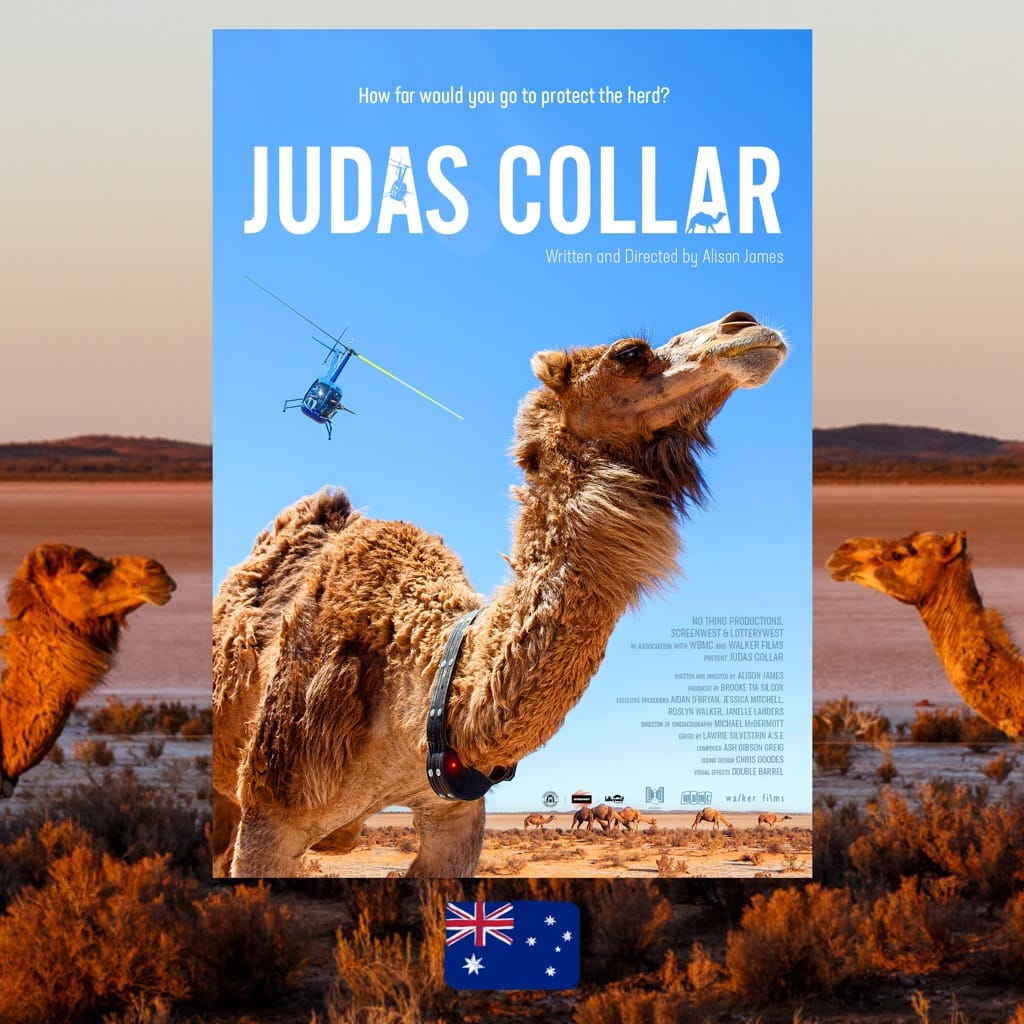

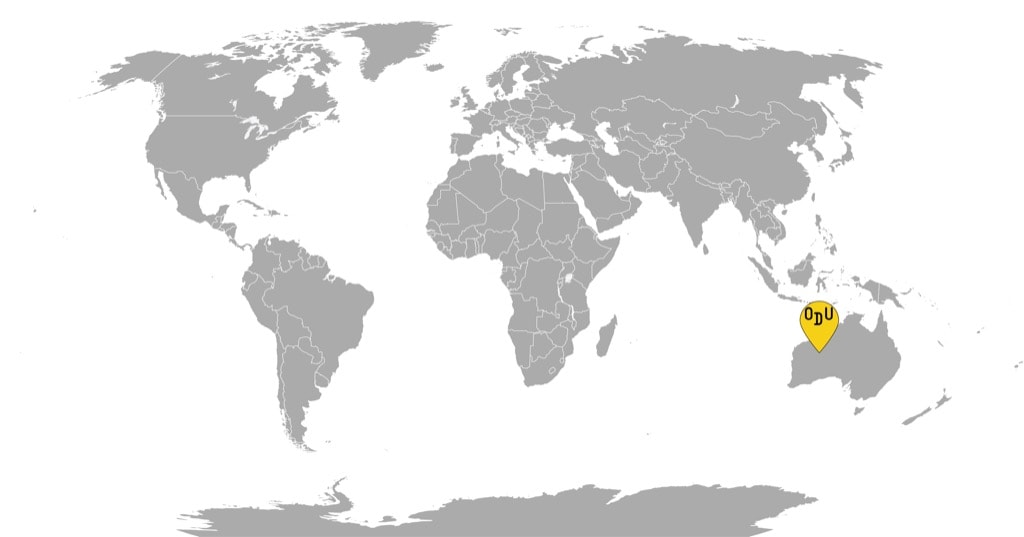
FROM AUSTRALIA
WHAT IT’S ABOUT: Camels in the Australian outback face a cruel ordeal: a camel traveling with a herd is located, tranquilized, and has a tracking collar device put on its neck. When the so marked camel rejoins the caravan, the hunters can use the device’s location to find the herd and to be able to shoot them from the helicopters easily. The protagonist of “Judas Collar” is the unlucky camel to be seized by humans. As the device on her neck leads to the deaths of her close ones, she realizes that she is now a danger to her kind. “Judas Collar” shows the female camel struggling with the unsolvable dilemma: to stay alone for the rest of her life, which is torture for a social animal, or to bring death and suffering upon others?
WHO MADE IT: The two leading women behind “Judas Collar” are director Alison James and producer Brooke Silcox. James has previously made short films, traveled the world directing for television, and has created narratives on many vital issues, including the lives of indigenous populations, mass incarceration, migration, and neuro-diversity. She stumbled upon the subject of “Judas collars” when working for the Australian TV-show “Outback truckers,” which followed truck-drivers across the deserts. We’ve already featured Silcox’s work when we featured the Afghani-Australian documentary “Rockabul,” which she produced. Among her other works is another Afghani-Australian film, a narrative feature “Jirga”, which became Australia’s Oscars submission for Best Foreign Film in 2019. Another critical mention in the film’s crew is Lawrie Silvestrin, who was the sound effects editor in “Babe”: clearly an expert in making viewers bawl their eyes out when they hear a pig oink or a camel grunt.
WHY DO WE CARE: There are many wonderful films concerned with species preservation being released, and many dealing with animal welfare. But we haven’t come across anything on culling, even though this crucial issue can not be omitted from discussion of the world’s species management. The camel hunting at the center of “Judas Collar” is part of the government-funded program aimed at drastically limiting Australia’s camel population—the largest in the world. Though seemingly justified, the culling of Australian camels has been criticized by industry experts as a waste of a valuable resource. Australian camels are lauded across the world as a superior species. They could be successfully farmed, while also creating jobs and a sustainable alternative for milk and meat production, since camels are low carbon emitters, unlike cows. Showing just how tangled up, uneven and unsustainable human relationships with the world’s fauna are, “Judas collar” attracts attention to a problem that doesn’t get discussed enough. Besides, we need more films about camels. They don’t get enough credit in popular culture, especially in the Western world: not as cute as llamas, not as bright as zebras and giraffes, not as readily available as other cattle, they are a species that can trace its ancestry to the prehistoric times. Giant camels used to walk along with mammoth herds, and the two had a fantastic symbiosis: camels would lead half-blind mammoths everywhere and warn them of dangers. This is why there are usually camel bones in any mammoth pit. A species that learned the importance of family ties and friendship before humans were even around, does not deserve to be put through immense suffering because of past mistakes in human imperial conquests. “Judas Collar” is a beautiful dramatization of the camels’ misery and a fantastic showcase for those noble beasts.
WHY YOU NEED TO WATCH: This short film is one of the purest, unadulterated depictions of tragedy to ever hit the screens. Technically sophisticated, but narratively understated and simple, it has no voice-overs or dialogue, just the distressed camel struggling with the choice between duty and the need for company. You don’t even need to be a lover of animal films to relate to the camel’s pain and to appreciate the tenderness with which it was depicted. The narrative of inability to belong because you bring a blight upon your flock is one of the most ancient kinds of stories to be passed around, and this, along with the endless Outback sands, makes the film’s events look timeless. So when the hunters come rushing in on their hi-tech helicopters, the conflicts between nature and technology, eternity and modernity, are brought to the forefront. When describing “Judas Collar” one is compelled to use the word “human” to show just how easy it is to empathize with the camel in the film. It would be fair to say that “Judas Collar” has a “humanizing” approach, that it shows the subject very “humanely”, that the pain in the camel’s eyes is truly “human”. But the lesson of “Judas Collar” is that humans as a species have no claim to fraternity and goodness as their defining, distinctive characteristics. The beauty of this short film is that through observing its furry, hoofed protagonist, the viewer can aspire to work on their own “camelity.” And we can always use this in our lives.
Judas Collar, 2018
Director: Alison James
For more content like this sign up for our weekly newsletter
WATCH THE TRAILER


